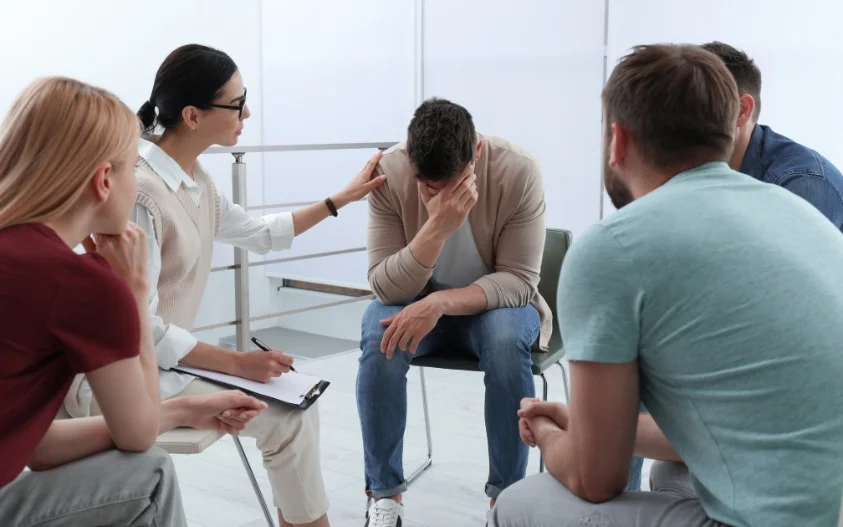24/7 Helpline:
(866) 899-221924/7 Helpline:
(866) 899-2219
Learn more about Outpatient Rehab centers in Richland
Outpatient Rehab in Other Cities

Other Insurance Options

Regence

Aetna

Multiplan

Kaiser Permanente

Health Partners

Access to Recovery (ATR) Voucher

Cigna

Carleon

Molina Healthcare

Self-pay options

Private insurance
Beacon

Sliding scale payment assistance

State Farm

Lucent

Meritain

Sutter

Oxford

United Health Care

Excellus









First Step Community Counseling Services
First Step Community Counseling Services is a private rehab located in Kennewick, Washington. First ...

Action Counseling
Action Counseling is a private rehab located in Kennewick, WA. Action Counseling specializes in the ...

MERIT Resource Services
MERIT Resource Services provides quality outpatient alcohol drug counseling services. MERIT Resource...




































Advocates for Wellness
Advocates for Wellness is a private rehab located in Kennewick, Washington. Advocates for Wellness s...

Ideal Balance
Ideal Balance is a private rehab located in Kennewick, Washington. Ideal Balance specializes in the ...
















